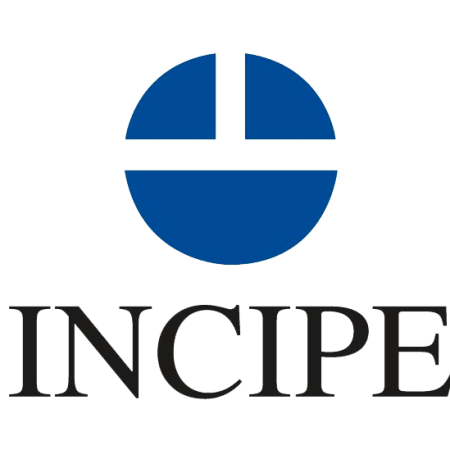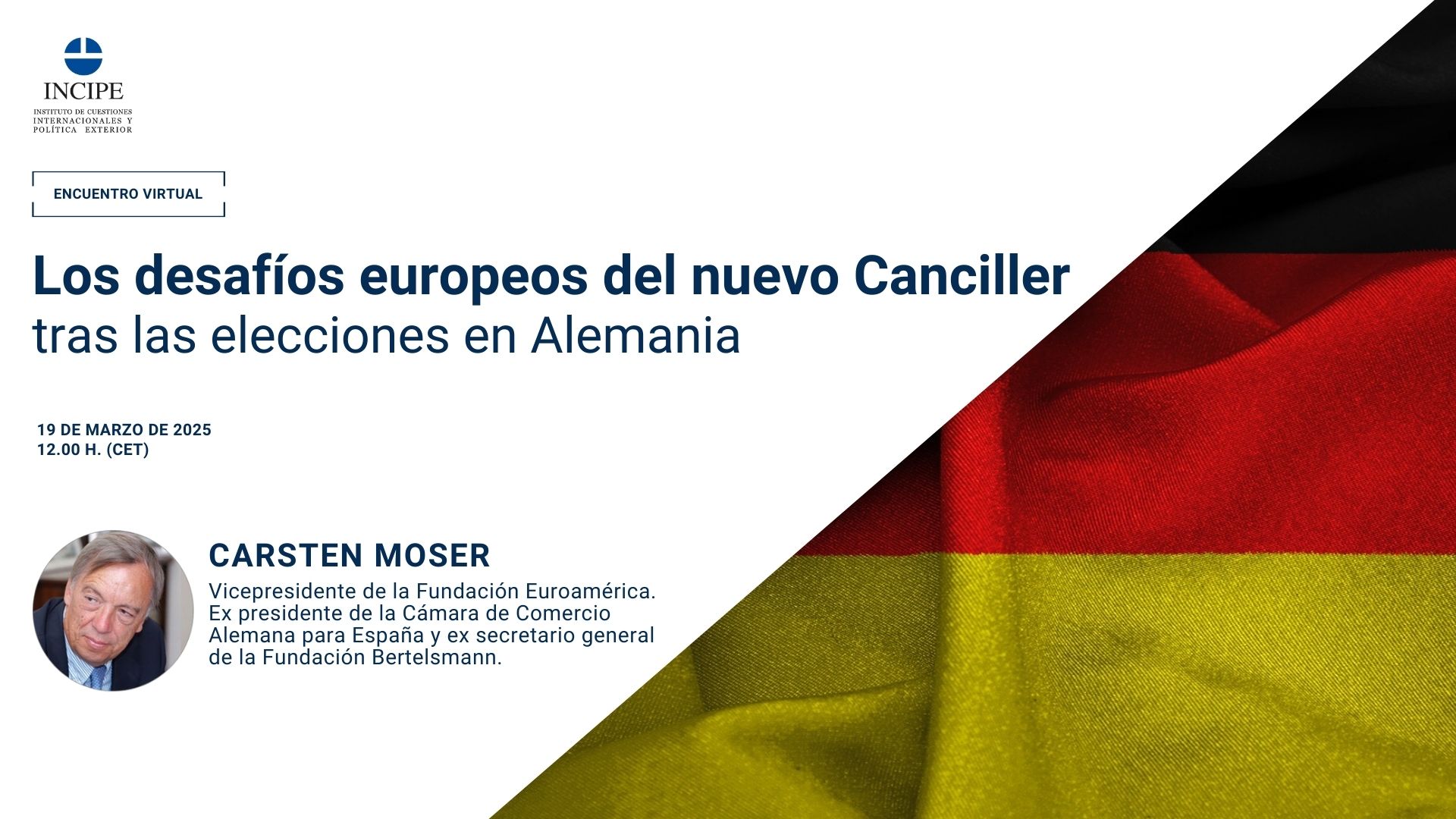Carsten Moser began his speech by analyzing the results of the elections held in Germany on February 23, highlighting the performance of the various political parties. The Christian Democratic Union (CDU) was the most voted force, securing 28.5% of the votes and 208 seats. Alternative for Germany (AfD) emerged as the second-largest political force, reaching 20.8% and 152 seats, doubling its results from three years ago. Meanwhile, the Social Democratic Party of Germany (SPD), led by current Chancellor Olaf Scholz, recorded its worst historical result, obtaining 16.4% of the votes and 120 seats. The Greens ranked fourth with 11.6% and 85 seats, followed by Die Linke, which secured 8.8% and 64 seats.
Given this electoral landscape, only two coalition options were viable for forming a government in Germany: an alliance between the CDU and AfD or a coalition between the CDU and SPD. However, due to the political cordon sanitaire imposed by all other parties on AfD, the only feasible option was a coalition between Christian Democrats and Social Democrats, as Friedrich Merz emphasized on election night. This governing coalition would have a slim majority, surpassing the 315-seat threshold by only three seats. Friedrich Merz, the incoming chancellor, has a distinguished background in both politics and the private sector. In recent weeks, he has demonstrated composure and a strong commitment to change in decision-making, surprising many Germans and influencing the political landscape even before officially taking office, according to Moser.
Moser stressed that, based on past experiences in Germany, the coalition’s success will largely depend on the relationship between the chancellor and the leader of the coalition partner, expected to be Boris Pistorius from the SPD. Pistorius, with a long professional career and high popularity ratings, is recognized as an excellent communicator and manager, suggesting that he will form a strong tandem with Merz.
Following the elections, negotiation tables have been set up between the leaders of both parties to form the government and reach agreements on key issues. Among the agreed measures are the creation of a special infrastructure fund, an unlimited increase in military spending, stricter immigration policies, and the implementation of new economic provisions, including raising the minimum wage and pensions starting in June 2025.
To counteract the German economy’s recession, which contracted for the second consecutive year in 2024, many measures are still under discussion. Proposals include reducing the tax burden on businesses and lowering electricity costs for the industry. One of the most affected sectors is the automotive industry, which is struggling due to competition from Chinese electric vehicles. In this regard, Moser pointed out that the new government is expected to reinstate subsidies for electric car purchases and increase support for research and development in this sector.
Currently, coalition agreement negotiations are progressing steadily, and the new government is expected to be in place before Easter. Regarding the coalition’s European stance, Moser highlighted a significant shift: Germany’s willingness to take on a more active role in addressing current crises and assuming a leadership position on the continent.
Aranzazu Álvarez

